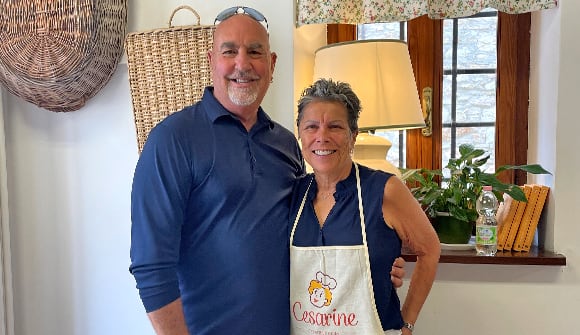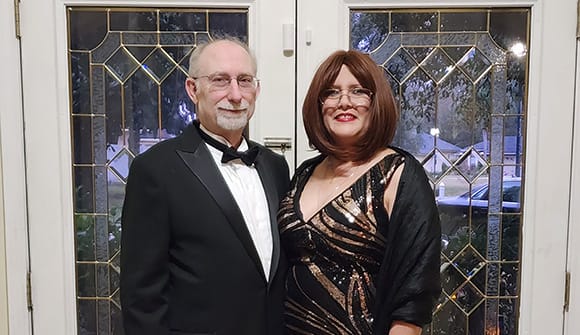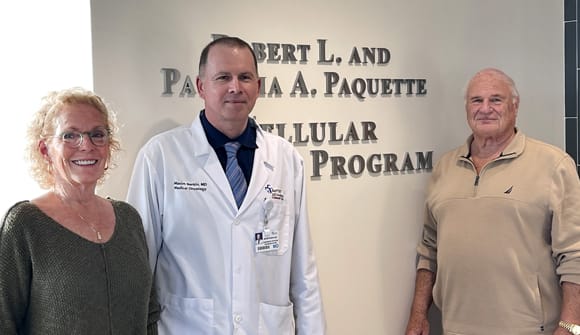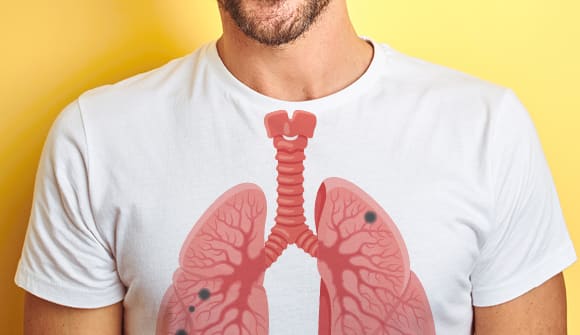Kidney cancer links
Urologic oncologist talks about what is, and what is likely not, behind this rare type of cancer.
Article Date:
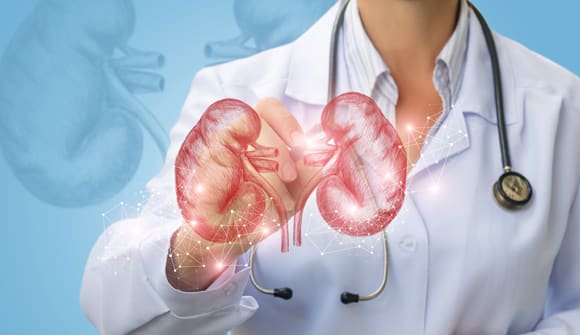
When it comes to kidney cancer, there is no simple explanation for what causes one person to be more susceptible than another.
“Steps you take to keep your body in overall good health translates to good kidney health,” said Jonathan Melquist, MD, a urologic oncologist at Baptist MD Anderson Cancer Center. “Keeping your weight, blood sugar and blood pressure under control are very important in protecting your kidneys. I cannot stress this enough.”
Studies suggest new links
Some recent studies suggest possible new risk factors to kidney cancer, including kidney stones and diuretics used to treat high blood pressure.
A study in the British Journal of Cancer by Dutch researchers who followed almost 5,000 patients over two decades showed an increased risk of kidney cancer in people with a history of kidney stones and especially those who were diagnosed with kidney stones before the age of 40.
But even the authors of the study stressed that more research is needed.
Dr. Melquist, who specializes in kidney, bladder, prostate, ureter and testicular cancers, said the correlation in studies he’s seen regarding kidney stones is small and the cancer is a rare form of kidney cancer.
Preventing stones from forming in the first place is key.
“Staying well hydrated, especially in Florida, reduces the chance of stones and keeps your kidneys properly flushed,” Dr. Melquist said.
Try drinking more than 2 liters of fluid a day and ensuring your urine is clear to light yellow so you know you are getting enough fluids.
Studies suggesting a correlation between diuretics and kidney cancer have also had patients asking questions.
But Dr. Melquist said the benefit of treating hypertension to prevent stroke and cardiovascular deaths far outweighs any risk of kidney cancer.
“Generally speaking, you should view studies with caution. If you have concerns or questions you read about studies online, you should bring them up with your primary care physician or specialist,” Dr. Melquist said.
Even though it is a relatively uncommon disease, kidney cancer is:
- One of the 10 most common cancers in the U.S., but not common enough for routine screenings. Renal cell carcinoma, which forms in the small tubes of the kidneys, makes up about 90% of all cases.
- The American Cancer Society estimates 73,820 new cases of kidney and renal pelvis cancers will occur this year -- 44,120 men and 29,700 women.
- The average age of people when they are diagnosed is 64.
- The lifetime risk for developing kidney cancer is 1 in 48 for men and 1 in 83 for women.
Some common risk factors include:
- Smoking
- Obesity
- Family history of kidney cancer
- High blood pressure
- Advanced kidney disease
- Long-term misuse of pain medications
Exposure to substances in the workplace such as certain metals, herbicides and organic solvents such as trichloroethylene can also be risk factors. Genetic and hereditary conditions can cause an increased risk, including von Hippel-Lindau disease (a condition resulting in tumors and cysts in different parts of the body), and tuberous sclerosis (benign tumors in the body), to name a few.
Staying healthy is the best defense
Dr. Melquist points to a phrase by Mark A. Moyad, MD, with the University of Michigan Medical Center, that “heart-healthy is all healthy.”
“If you do the things that keep your heart healthy, you are doing your body a wealth of good, including your kidneys,” Dr. Melquist said.
While blood in the urine and flank pain between the back and upper abdomen can signify a concern with your kidneys, most kidney cancers are detected by chance when a person is getting a CT scan because of other issues.
When an individual is diagnosed with kidney cancer, treatment can range from removal of the mass or kidney to cryotherapy to freeze and destroy the cancer cells.
“If you can contain it, there is a very high success rate. The vast majority of the time, this type of cancer is very treatable and curable,” Dr. Melquist said.
Baptist MD Anderson Cancer Center has advanced technology to diagnose urologic cancers and provides a wide range of treatment options for all types and stages.
